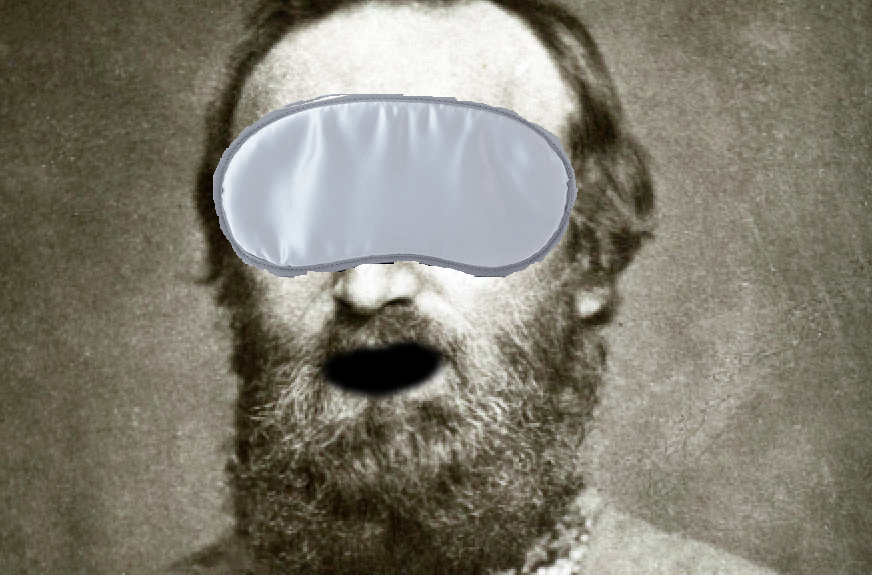There’s something red-blooded and macho about running on little to no sleep. You hear it all the time with guys and gals bragging/humblebragging to their friends about how they can run on this many hours and be fine. “Yeah I just, ya know, drink a few cups of mud, exercise a little — get the juices flowing and I’m ready to kick some ass!”
However, we have a grandiose counterweight for this jabber. The tonnage comes in the form of a deceased human figure, who is, historically, revered today as one of the toughest dudes to ever lace ’em up for the US and A (despite the fact that he, a West Point grad, did die a Confederate general — nevertheless!).
Get a whiff of his name, and that’s all you need.
Stonewall. Jackson.
The legendary Civil War general, who died of pneumonia amidst the fighting in 1863, had a few of his yarns detailed in a recent book titled Grunt: The Curious Science of Humans at War, which was in turn excerpted by The Atlantic. Here’s the pithy anecdote we hinted at, and which we are positively certain will make you think different about how much “shut eye” you’re getting every night:
History provides vivid demonstrations of the importance of sleep to military competence. The medical historian Philip Mackowiak compared eyewitness and officer accounts of Stonewall Jackson’s performance during a series of Civil War battles with the general’s opportunities for sleep, if any, in the days leading up to those battles. In 100 percent of the battles when Jackson had had no chance to sleep in the three days prior, his leadership was rated “poor.” In the Battle of Gaines’ Mill, his chief of staff described him as “thoroughly confused from first to last.” The Battle of Glendale found Jackson “benumbed, incapable … of deep thought or strenuous movement … uninterested and lethargic.” In the midst of the Battle of McDowell, he was discovered napping.
The National Sleep Foundation recommends that teenagers (14 to 17 years of age) should get between eight to ten hours of sleep per night, while young adults (18 to 25) and adults (26 to 64) should look to Zzzz for seven to nine hours. Older adults (older than 65) should aim for seven to eight.




































